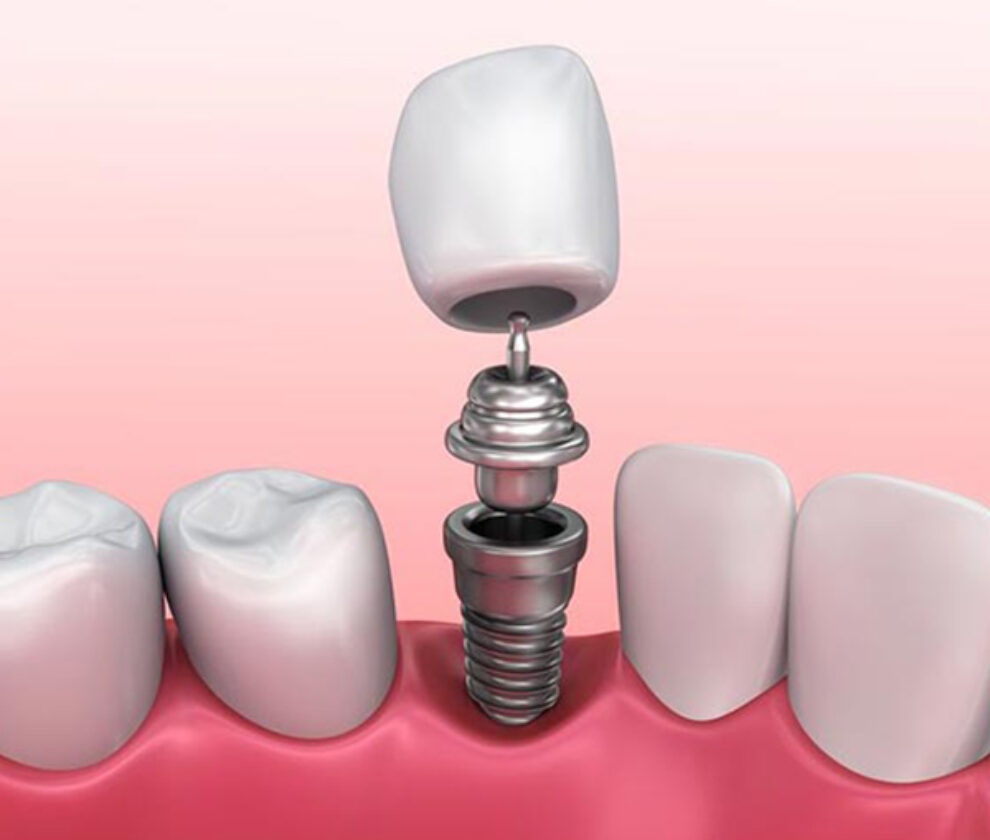* Periodontal (gum) disease.
Diabetes can lead to lowered immunity against infections and also impair wound healing. Brushing and cleaning between the teeth helps to remove bacteria and plaque which, if not removed, could lead to infection of the gums and eventually cause the gums to pull away from the teeth, resulting in periodontal disease. When plaque hardens into a rough porous deposit, it is called “calculus.” Calculus, also called tartar, are usually found along, above and below the gumline of the teeth.
If left untreated, periodontal disease can cause breakdown of the bony support of the teeth, eventually leading to tooth loss. Uncontrolled glose levels, as is the case in diabetes, increases the body’s susceptibility to bacterial infections and lowers the ability to fight germs that cause gum disease. This probably explains why periodontal disease is more severe in diabetics, especially those with poorly controlled blood glucose levels.
Calculus traps plaque and food particles, thereby predisposing to periodontal disease. Unless calculus is removed during a professional cleaning, it can trap plaque and food particles, increasing the risk of developing periodontal disease. In children, type 1 diabetes has been associated with increased gingival bleeding which decreased after improved control of blood sugar on initiation of insulin therapy.
* Tooth decay
When diabetes is not controlled properly, high glucose levels in saliva may help bacteria thrive. These bacteria, in the presence of refined sugars, produce acidic by-products which lead to softening of enamel and then cavity formation.
* Salivary gland dysfunction
Low saliva production and dry mouth increase the risk of demineralisation of enamel and make the teeth more prone to cavity formation.
* Fungal infections
The mouth normally contains fungi, viruses and bacteria but they are kept in check by the body’s natural defenses and good oral hygiene practices. However in some conditions, these may not be enough to keep them in check and so they may proliferate and defeat the body’s natural defenses. People with diabetes(because of elevated blood glucose) and those who wear dentures are more prone to having a fungal infection of the mouth called oral candidiasis. Other groups of persons prone to having fungal infections are smokers and people often on antibiotic treatment.
Antifungal medication may be prescribed by your dentist to treat this condition. It is also important to maintain good oral hygiene.
It’s important to have up-to-date medical records. Let your dentist be aware of the following: if you have been previously diagnosed with diabetes; if your diabetes is under control; if there has been any other change in your symptoms; the names of all prescription and over-the-counter drugs you are taking.
Good oral hygiene for diabetics
Keep very good daily oral hygiene by flossing at least once a day and brushing for at least two to three minutes with a fluoride-containing, anti-plaque toothpaste twice a day. You will also need regular dental screenings and periodontal evaluations for early diagnosis and treatment of any oral diseases and infections. Be on the look-out for any indications of oral disease and contact your dentist as soon as you notice any. Adhere strictly to the instructions of your physician pertaining to diet and medication and schedule regular dental appointments and follow-ups to maintain a healthy mouth.


